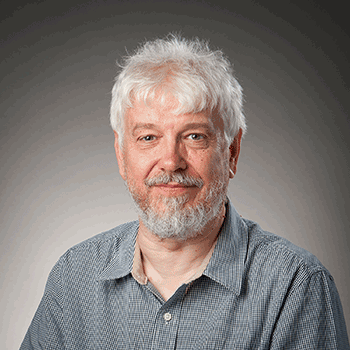People with obsessive compulsive disorder (OCD) have inflammation in the brain, a new study has found.
Inflammation is the body’s reaction to infection or injury. The scientists say this means their findings indicate that sufferers from OCD should consider using drugs that modify the immune response.

OCD expert professor Paul Salkovskis: he thinks the Canadian study was small and it would be “very premature” to suggest treatments following its findings
They said the antibiotics azithromycin and minocycline, as well as the anti-cancer drug bexarotene, “should be investigated in OCD”.
Dr Jeffrey Meyer, of the Centre for Addiction and Mental Health in Toronto, Canada, led the research.
His team studied 20 people with OCD and a comparison group of 20 ‘healthy’ people.
Previous OCD treatment ‘disappointing’
Professor Paul Salkovskis, of the University of Bath, is a psychologist and expert in obsessive compulsive disorder. He said previous attempts to treat OCD in children using antibiotics have been “disappointing”.
He added that it would be “very premature to suggest specific treatment on the basis of this very small correlational study”.
But Nicky Lidbetter, chief executive of charity Anxiety UK, has a different perspective. She said there is a “growing body of evidence” linking brain inflammation and mental wellbeing.
Common comorbidity
Obsessive compulsive disorder is a common comorbidity in autism. In 2015 a Danish study found that people with autism are twice as likely to receive a diagnosis of OCD as their neurotypical peers.
People with OCD are four times as likely to also have autism.

Nicky Lidbetter of charity Anxiety UK: there is a “growing body of evidence” connecting brain inflammation to mental wellbeing
Dr Meyer’s team used magnetic resonance imaging (MRI) scans. They also used another cutting-edge brain imaging technique, known as positron emission tomography (PET).
Chemicals and proteins in the brain
The PET scan uses a special type of camera. It also uses a tracer (radioactive chemical) to look at chemicals and proteins in the brain.
The scientists were interested in the translocator protein (TSPO). Scientists have previously linked it with inflammation.
For the OCD group, they found the TSPO level had become “significantly elevated” in a part of the brain known as the cortico-striato-thalamo-cortical (CSTC) circuit.
The paper was published online in June in JAMA Psychiatry.
Related:
- Overcoming autism brings new conditions
- Social workers ‘beg’ for respite
- Pets bring benefits for kids, study says
- First self-assessment test for autism
Published: 31 July 2017
















